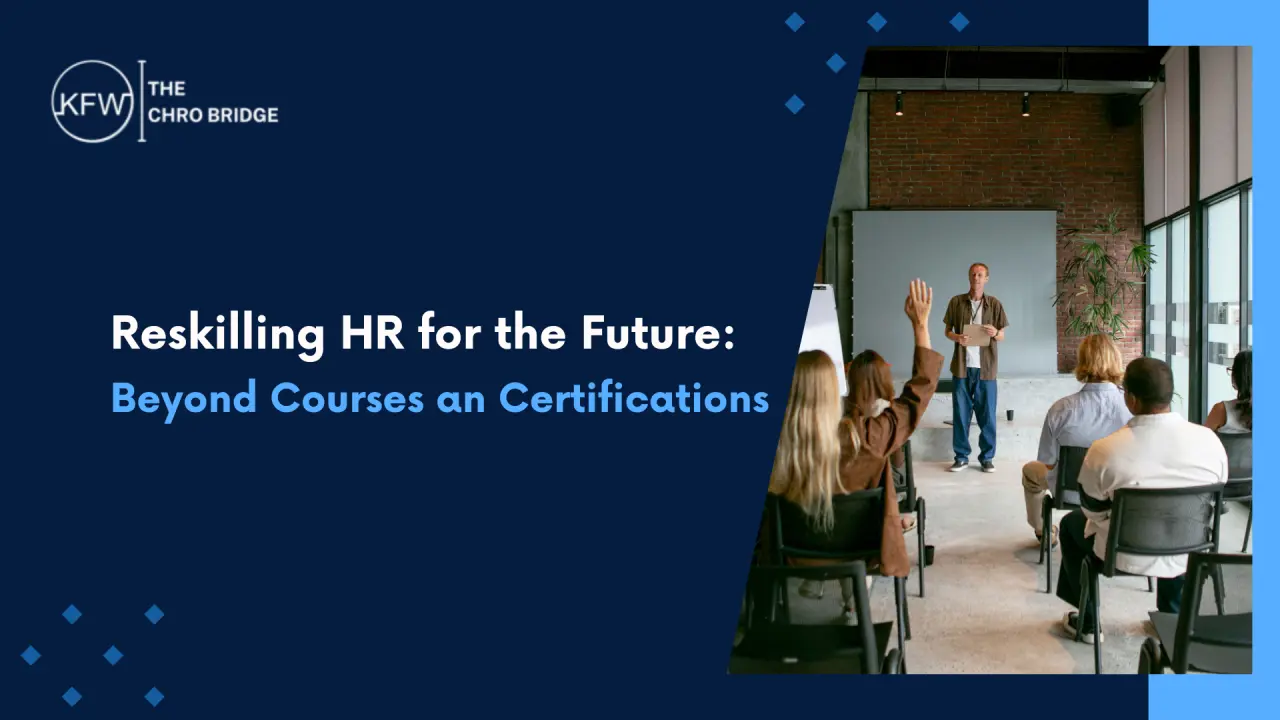From HR to Business Partner: The Quiet Revolution in Small Companies

In most small organizations, HR begins with noble intent - "to take care of people." But somewhere between attendance tracking, payroll runs, and administrative firefighting, that purpose often gets buried.
For years, Meera, the sole HR lead in a growing 120-member firm, did it all. Offer letters, employee engagement, performance cycles - a never-ending loop of tasks that kept the wheels turning. She was efficient and dependable, but she often wondered if she was making any difference.
Every time strategy meetings happened, HR was the last to be invited - sometimes, not at all. And yet, when people left, struggled, or disengaged, the questions always found their way to her desk.
The Pattern She Couldn't IgnoreIt started with a simple observation: new hires were leaving within three months. Not one or two - several. The company was losing fresh energy just as quickly as it was hiring it.
Instead of rushing to organize another "fun Friday" or feedback survey, Meera did something different. She listened. Over coffee chats and exit interviews, she pieced together the truth; employees were not leaving for money or perks. They were leaving because they did not feel anchored.
No one had told them where they fit, what success looked like, or how they could grow.
The Shift from Process to PurposeThat realization changed everything. Meera stopped treating onboarding as paperwork. She turned it into storytelling - introducing new hires to the company's "why," connecting them to mentors, and helping them set 30-60-90 day goals.
She tracked progress, gathered feedback, and shared results with leadership. Within two quarters, early attrition dropped by 45%. Managers noticed stronger engagement. The CEO called her work "a quiet transformation."
When HR Became StrategyThat's when Meera's role evolved. She was no longer "support staff" anymore; she was a business partner - someone who connected people metrics with business outcomes. Her initiatives started influencing productivity, retention and morale.
In small companies, HR does not necessarily need a big budget to create impact. What it needs is intent, curiosity, and the courage to ask better questions.
A Reflection Worth ConsideringEvery small business dreams of scaling fast. But growth built only on numbers eventually hits a ceiling. The real accelerator is people - and the HR professionals who turn policy into purpose.






